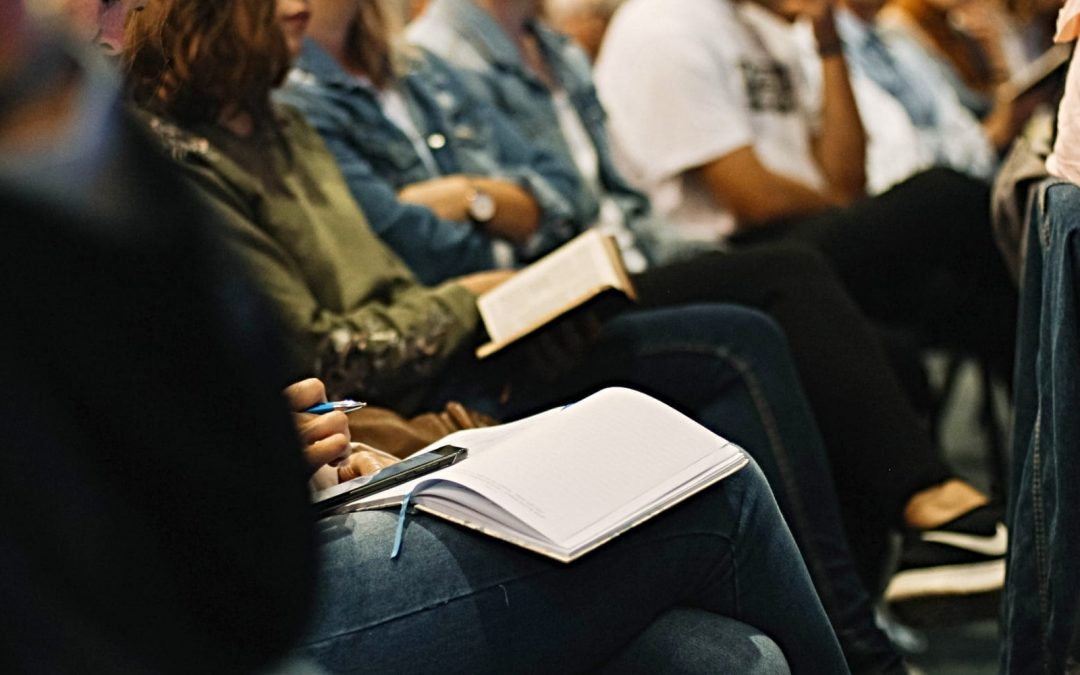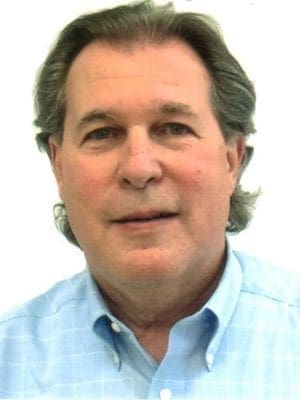The church has entered an era when difficult conversations are more important than ever.
No longer can we get along not talking about the obvious. On top of that, we live in a time when conversations are polarized, and the middle ground is a place where both sides can take aim and criticize one another.
More than any time I can ever remember, we need to flex our muscles as people who can carry on nonpartisan discussions of polarizing topics in life and faith.
Dialogue can be a powerful armistice that enables people to discuss issues and disagreements in ways that allow them to learn from one another without either giving up their own beliefs or demonizing those with whom they disagree.
Dialogue enables Christians at the grassroots level to speak effectively for themselves and listen deeply to each other, discussing fundamental disagreements in open, constructive and mutually respectful ways.
In his book, “More Light, Less Heat,” Joe Phelps, retired pastor of Highland Baptist Church of Louisville, Kentucky, says, “Dialogue embodies the way of Jesus. It is loving, strong, intentional, risky and redemptive. It is a tool of hope in the hands of Christians. It is active peacemaking at its most basic level.”
In the congregation I serve, St. Lucas United Church of Christ in St. Louis, we’ve felt the heat, but we’re just beginning to explore the light of dialogue.
Some have chafed at sermons, or more directly at ministers who’ve said something they didn’t believe.
We’ve parted ways over the Michael Brown shooting and the protest campaigns with racial themes.
We’ve distressed over the issues of our national denomination, such as sexual orientation, immigration or the position our national leaders have taken on polarizing protests.
Our own social justice team has met vocal resistance against their wish to educate our congregation on a wide variety of concerns.
We’ve complained about our ministers who’ve verbally supported the non-gender of God in our pronouns and the government’s current campaign to separate children from their families at the border.
The truth is we have plenty in common to offset all these differences. “We’ve got one of everything here” has been my motto to describe St. Lucas UCC, and we’ve not always seen that as a sign of congregational strength but rather as a sign of our disunity.
Somewhere in the middle, between those who hold one issue or the other, there is a place where we can talk deeply with one another, where we can explore our differences and seek our common ground.
I encourage each of us, both ministers and laity, in our congregations to model a more constructive approach by putting down our weapons and coming to the middle ground where we can respectfully talk to one another.
When we come to the middle to meet and talk together, we are more fully the church.
It is there we find all the issues that bind us together. It is there we have a chance at being people of peace and grace, and the God who holds us together is the God we bless and serve.


